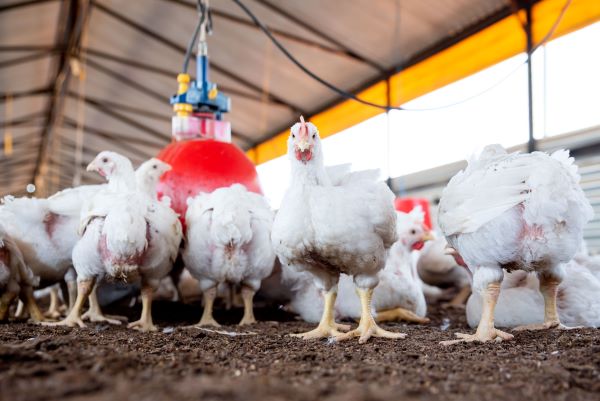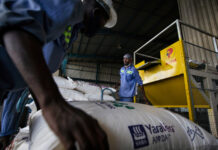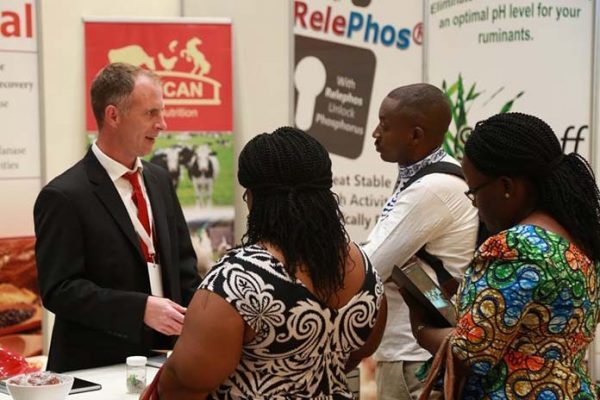By – Tanya McClean
In the State of the Nation Address, President Cyril Ramaphosa highlighted plans to boost the poultry industry by investing R800 million towards its growth. The announcement to support entry level small businesses in the poultry industry was welcomed by Izaak Breitenbach, the South African Poultry Association General Manager.
Poultry farmers are contributing towards job creation and economic growth despite challenges caused by the rising price of chicken feed.
“Consumers want farm fresh chickens and eggs, and my customers look for quality”, says Herbert Nenweli the owner of Nweli Poultry in Limpopo. Herbert added that government should help emerging poultry farmers by cutting the amount of red tape to enter the industry and limiting the importing of chickens. “By importing chicken, government is missing an opportunity to empower entrepreneurs to be part of the poultry industry”, he said.
Nweli Poultry in Tshirenzheni was founded in 2016 by Nenweli who followed in his father’s footsteps. The business is a co-operative business model and employs casual workers. “Most of our customers want live chickens, they do not like the frozen ones from the large retailers,” he said.
The owner of Mae Eggs also shares Nenweli’s sentiments about the need for poultry farmers to be supported because they play a huge role in communities.
Phuti Mphelo the owner of a poultry business called Mae Eggs in Lephalale, outside Polokwane believes there is a big demand for eggs. “Many people in rural areas and townships eat eggs for protein when they can’t have meat; they mostly prefer farm fresh eggs,” she said. Phuti was inspired to start this business because she wanted to build a business which could be transferred to her children one day. “My husband and I are not farmers; we both did poultry courses to learn about running a poultry business”, she said. Most of her clients are local and retail grocery stores, guesthouses, hotels and hawkers.
” We are working hard towards becoming a significant employer, but it’s taking time; we currently employ four casual workers,” she said. Mae Eggs’s business growth trajectory is positive because the business has grown from 1000 layers to close to 3000 layers.
COVID19 lockdown restrictions negatively impacted the poultry sector which sells eggs to the hospitality industry which was closed. “When deliveries to the town were stopped or late, I jumped in to fill that small gap. But because the price of chicken feed skyrocketed, I had to absorb the costs” she said.
The increase in the costs of chicken feed also affected Tshokolo Selolo the owner of TNJ Operations, a business that supplies eggs and chickens in Limpopo. She chose not to increase her prices, despite the steep hike in chicken feed during the lockdown year.
“The cost of chicken feed was very high, many people had lost jobs or were struggling financially and because of this, I did not increase my prices,” she said. Most of her customers are households and when children were not going to school and not getting fed by the school’s feeding schemes, families were under pressure to feed their families.
Tshokolo started her poultry business in 2016 with 14 chickens in her backyard. The lack of access to quality chickens and eggs motivated her to become a poultry farmer. “I live in a rural area and people had to travel far to buy chicken or eggs; some were sold rotten eggs,” she said. She started small and when she noticed that people responded well to her chicken business venture, she saved up and purchased more chickens to grow her business.
The R 800 million investment that the President mentioned in his SONA will go a long way in supporting and empowering small poultry businesses like these. Their passion and resilience make farmers and entrepreneurs special.









